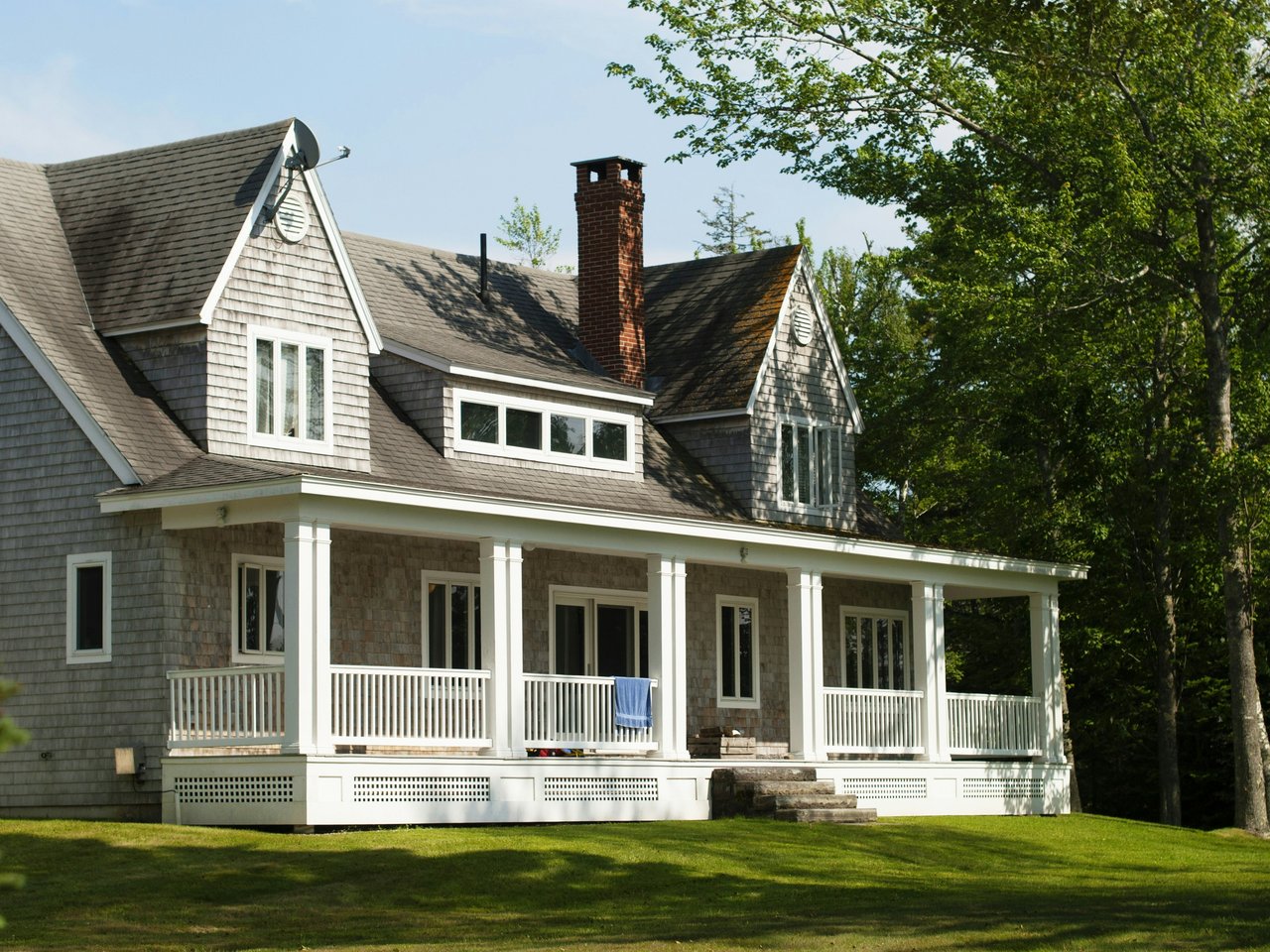
7/19/2025
Buying Your First Home: 5 Mistakes to Avoid (and How to Do It Right)
Buying your first home is one of the most exciting milestones in life. It marks a new chapter filled with possibilities — building equity, creating a personal sanctuary, and gaining financial independence. However, the process can also be stressful and overwhelming if you’re not fully prepared. From navigating financing to choosing the right location, there’s a lot to consider.
To help make your journey smoother and more successful, here are five common mistakes first-time homebuyers should avoid — and some practical tips to steer clear of them.

The Mistake:
Many first-time buyers jump straight into browsing listings or visiting open houses without knowing how much they can realistically afford. This can lead to wasted time, disappointment, or even falling in love with a home that’s way out of budget.
Why It Matters:
Getting pre-approved for a mortgage gives you a clear idea of your price range, strengthens your offer in the eyes of sellers, and can speed up the closing process.
What to Do Instead:
Before you start house hunting, meet with a lender or mortgage broker. They’ll evaluate your income, credit score, debts, and other financial factors to determine how much you’re eligible to borrow.
The Mistake:
Many buyers focus solely on the home’s purchase price and forget to factor in all the other expenses involved in owning property.
The Hidden Costs:
Closing costs (typically 2–5% of the home price)
Property taxes
Homeowner’s insurance
HOA fees (if applicable)
Maintenance and repairs
Utilities and moving expenses
Potential renovations or upgrades
What to Do Instead:
Build a comprehensive budget that includes all these factors. It’s better to overestimate your costs than to be caught off guard after moving in.
The Mistake:
You might fall in love with a charming house, but if the neighborhood doesn’t meet your needs or expectations, it can quickly become a source of frustration.
What to Consider:
School quality (even if you don’t have kids — it affects resale value)
Safety and crime rates
Commute times and access to public transport
Noise levels and overall vibe
Proximity to shops, parks, restaurants, hospitals, and other amenities
Future development that might impact the area (positively or negatively)
What to Do Instead:
Visit the area at different times of the day. Talk to neighbors. Use online tools like crime maps and city planning websites to research the community thoroughly.
The Mistake:
In a competitive market, some buyers may waive inspections to make their offer more attractive. While this might
speed things up, it’s a risky move.
What You Could Miss:
Structural issues
Roof damage
Plumbing or electrical problems
Mold, pests, or water damage
Foundation cracks
What to Do Instead:
Always hire a qualified home inspector. The cost (usually $300–$600) is minimal compared to the thousands you might spend on repairs down the line. Use the inspection report to negotiate repairs or even back out of a bad deal.
The Mistake:
Buying a home is deeply personal, and it’s easy to get swept up in the excitement. But making emotional decisions — like overbidding or compromising on essentials — can lead to regret.
Common Traps:
Falling for aesthetic details (like décor or staging)
Rushing due to fear of missing out
Ignoring red flags because “it feels right”
Going over budget for a “dream feature”
What to Do Instead:
Stay grounded in your goals and finances. Make a list of must-haves vs. nice-to-haves, and stick to it. Bring a trusted friend or advisor along for viewings if you need a second perspective.
Your first home purchase should be a rewarding and empowering experience. By staying informed, planning ahead, and avoiding these common pitfalls, you’ll set yourself up for success — not just for now, but for years to come.
Remember: the right home isn’t just one that looks good today. It’s one that fits your lifestyle, your budget, and your future.